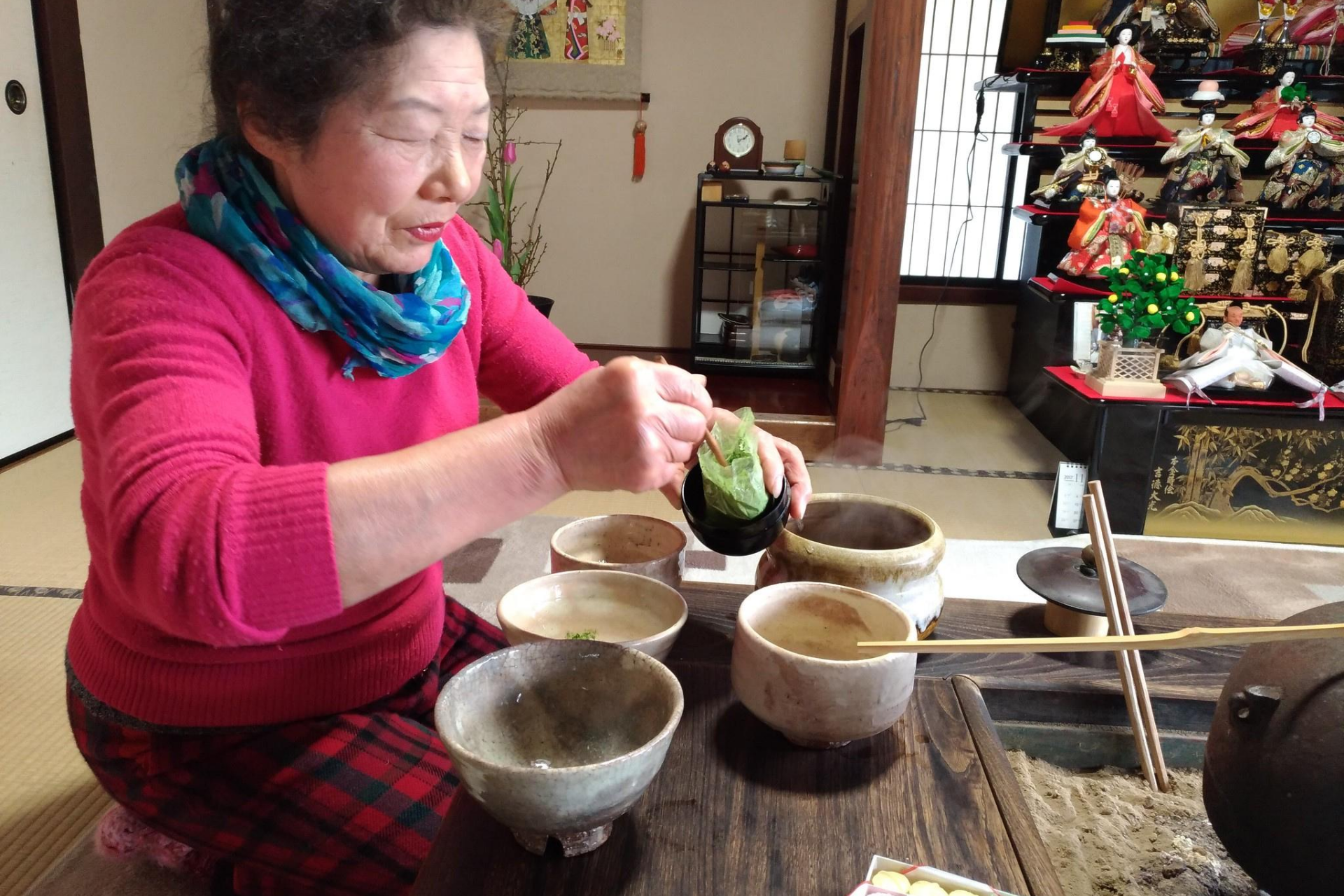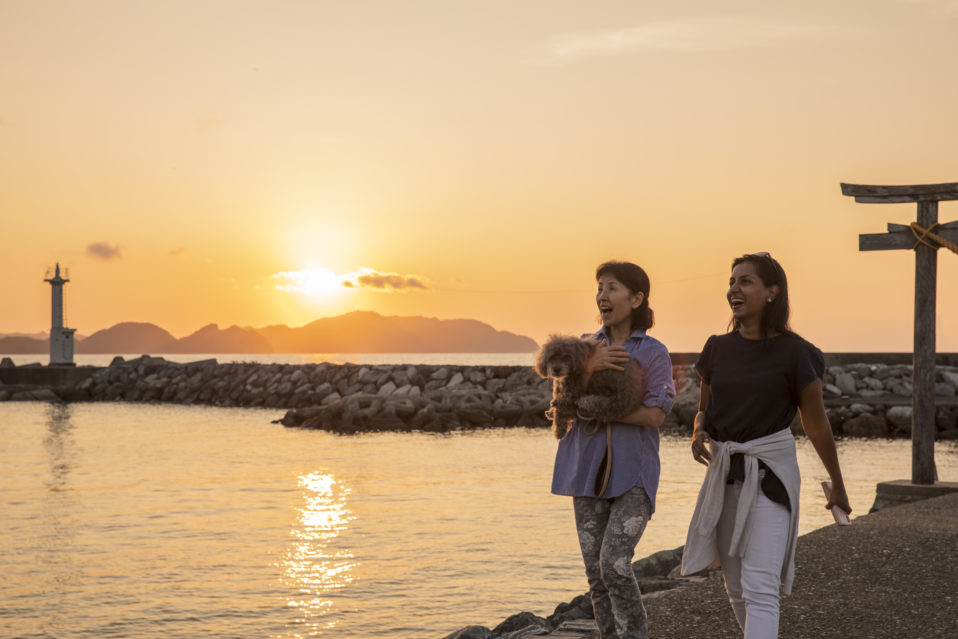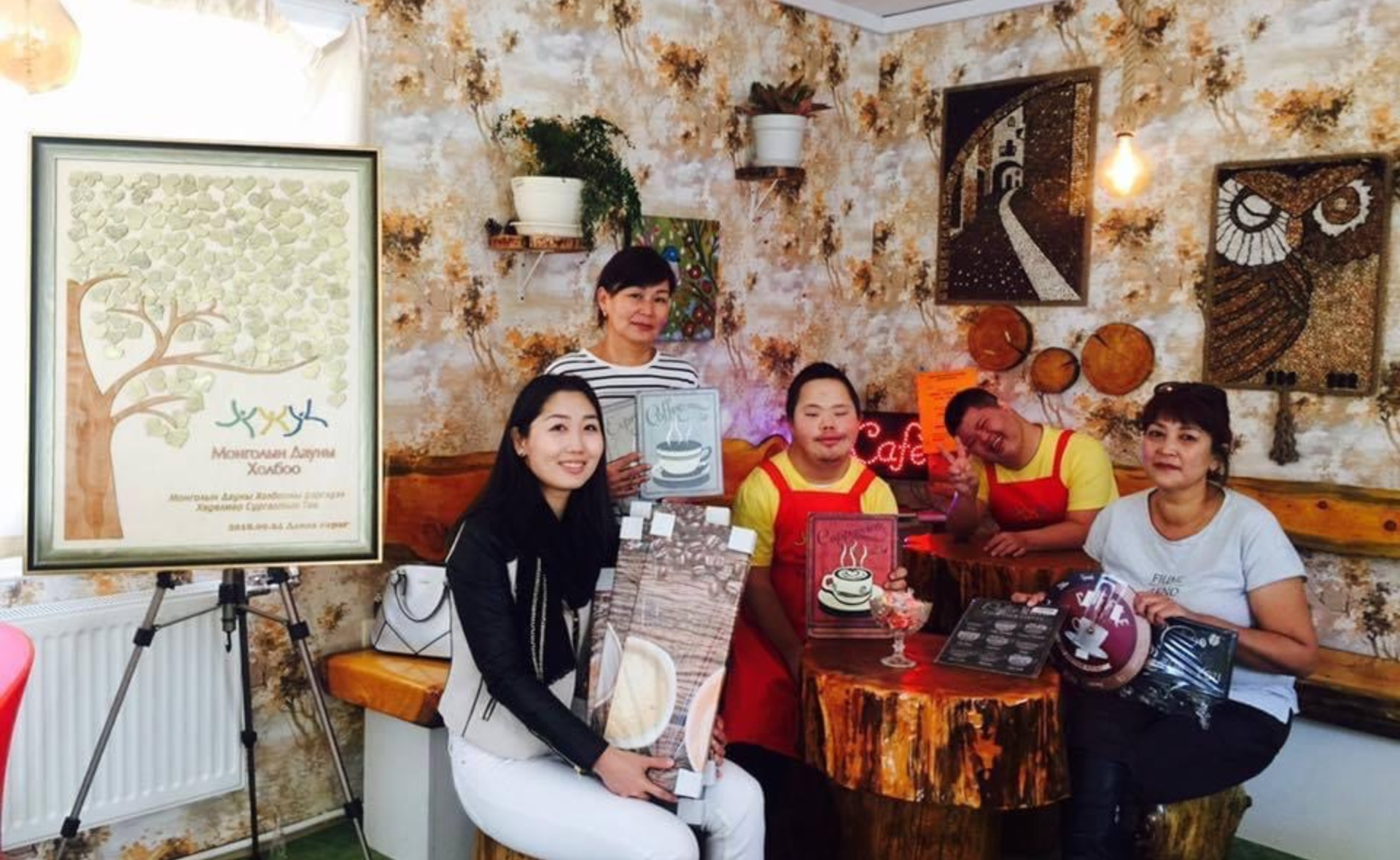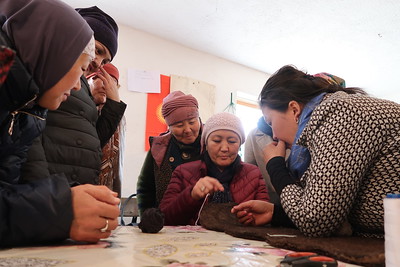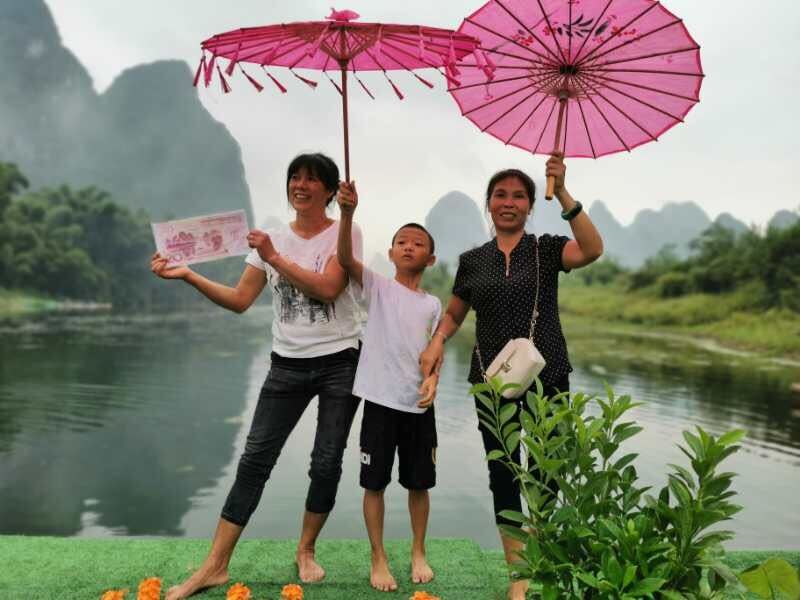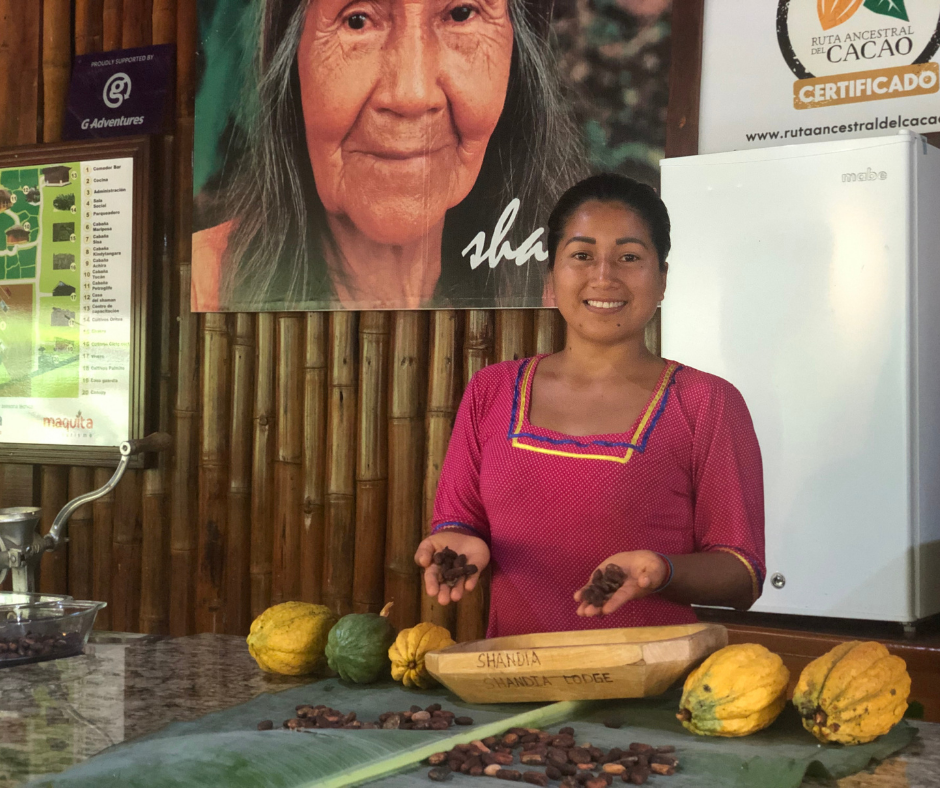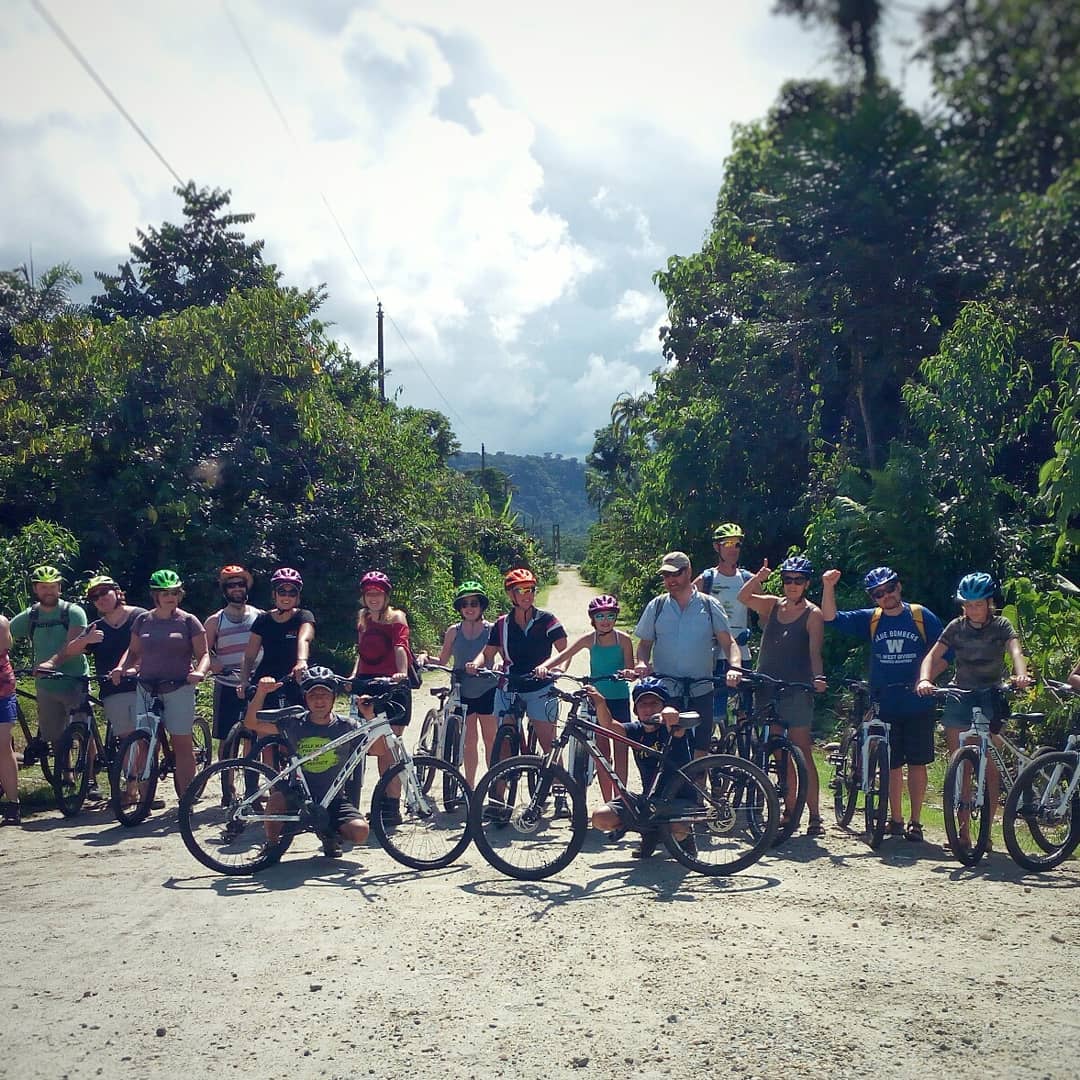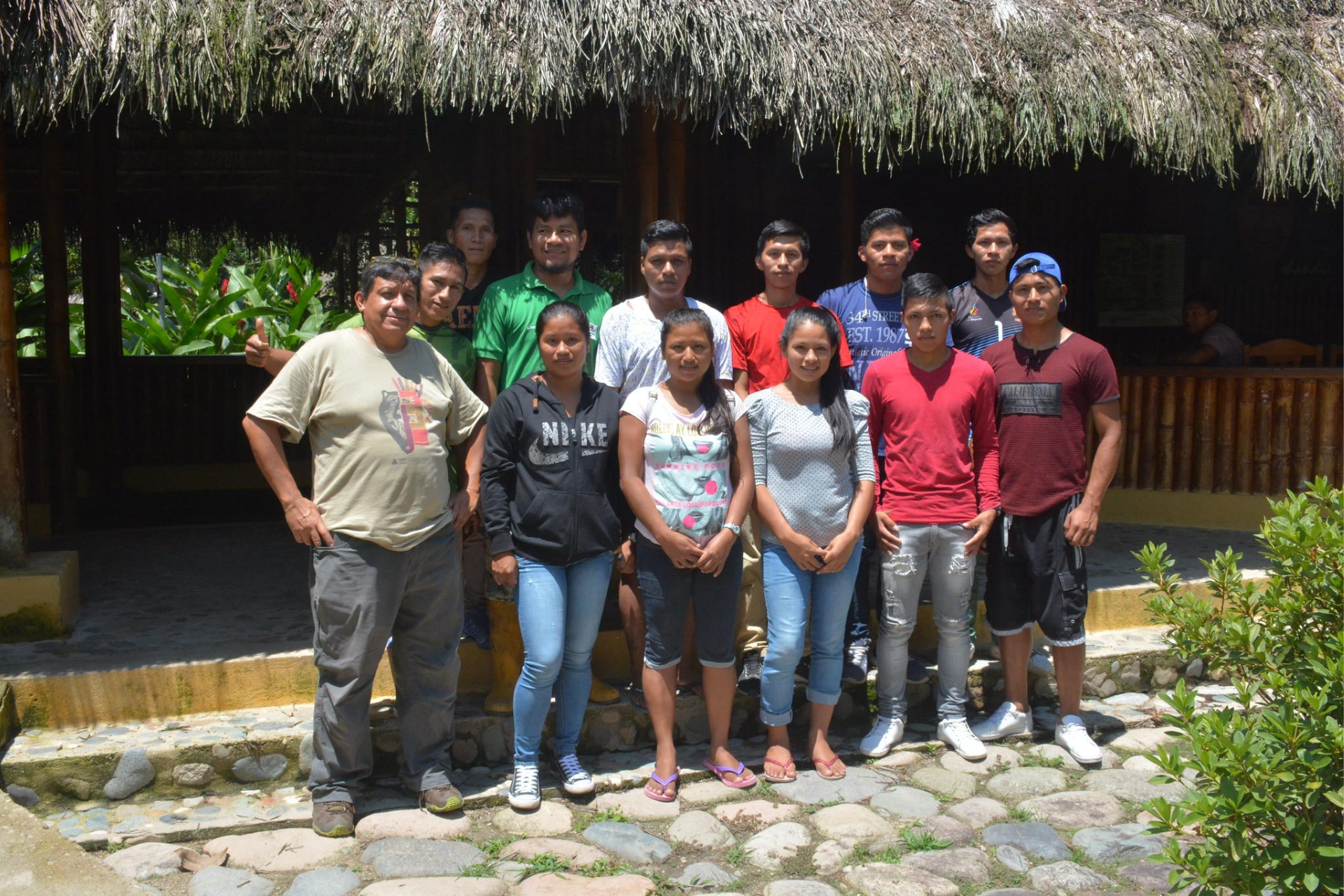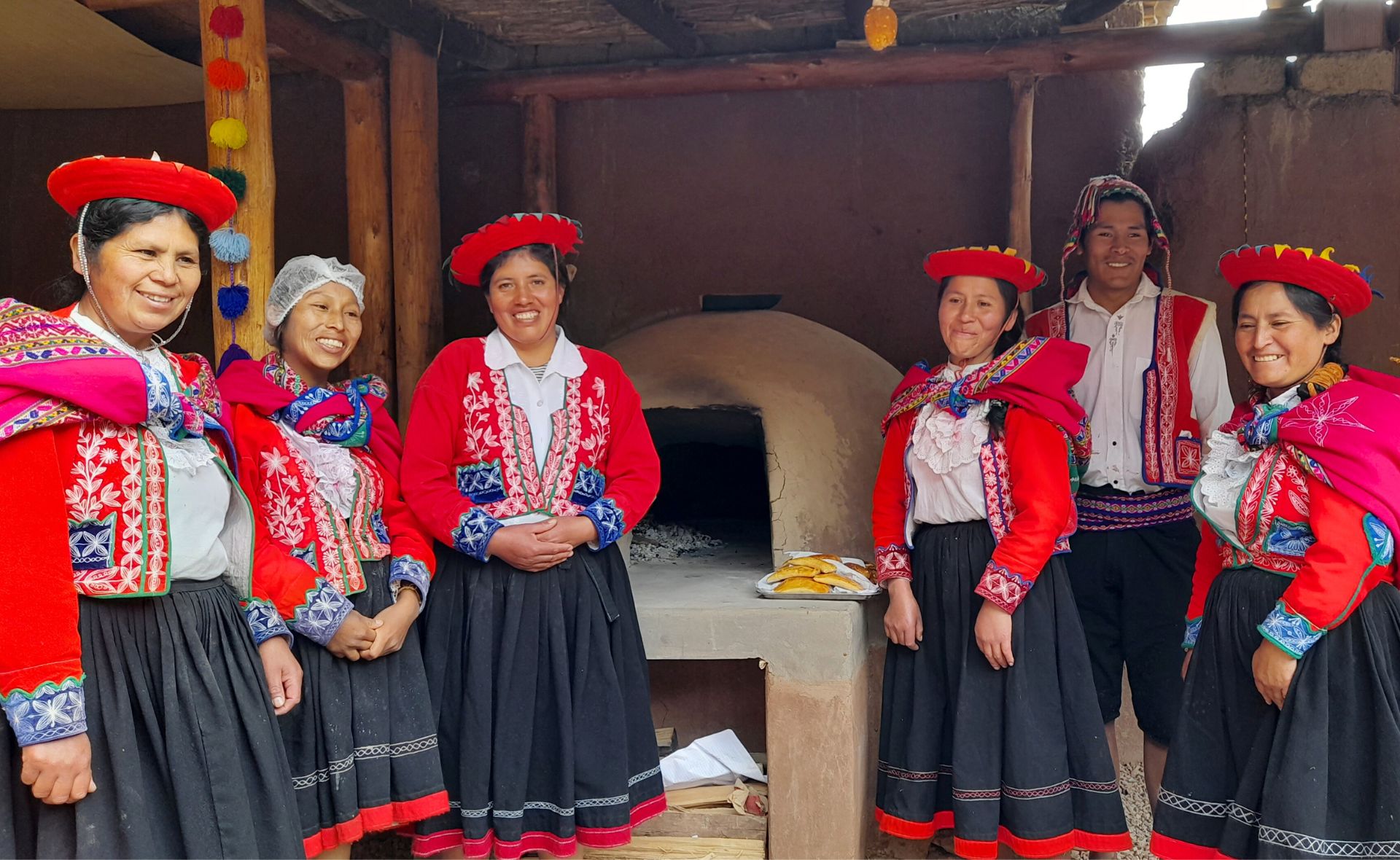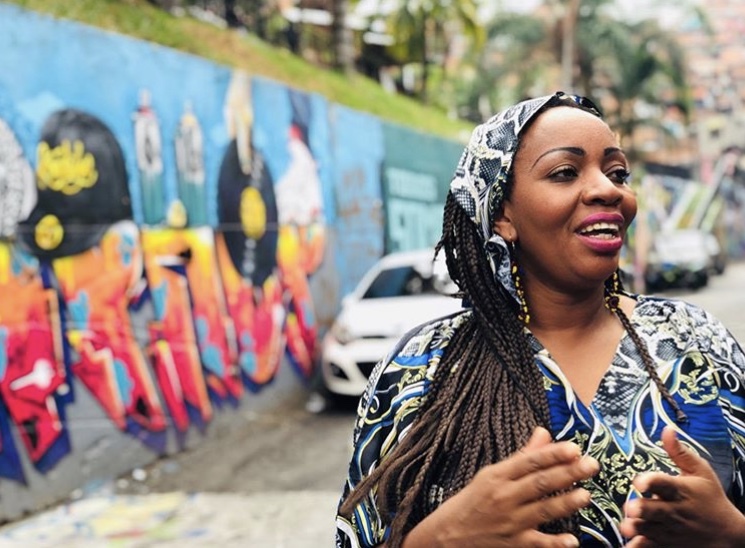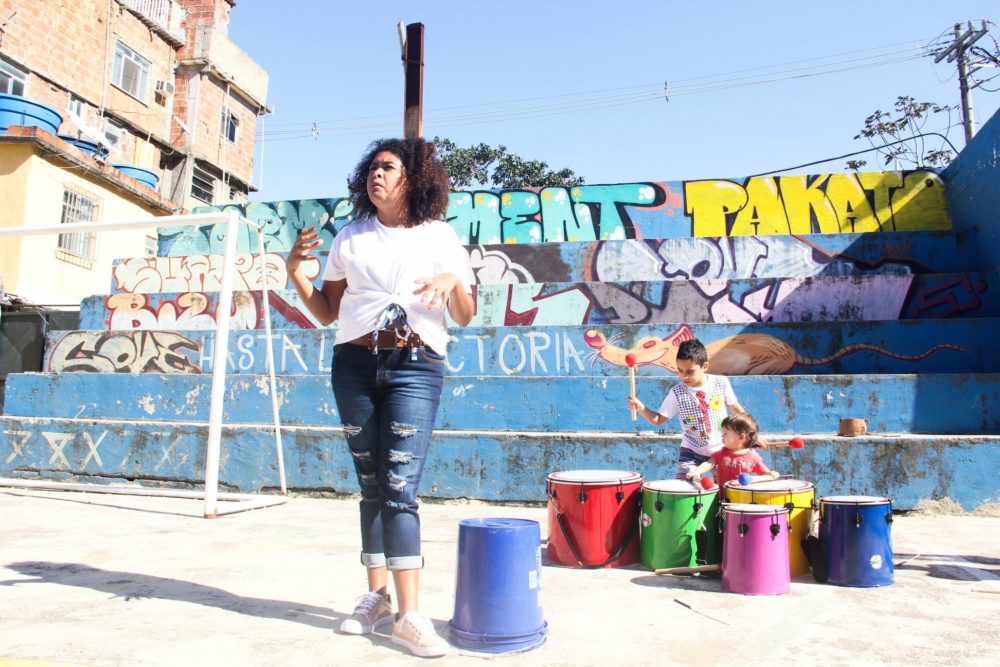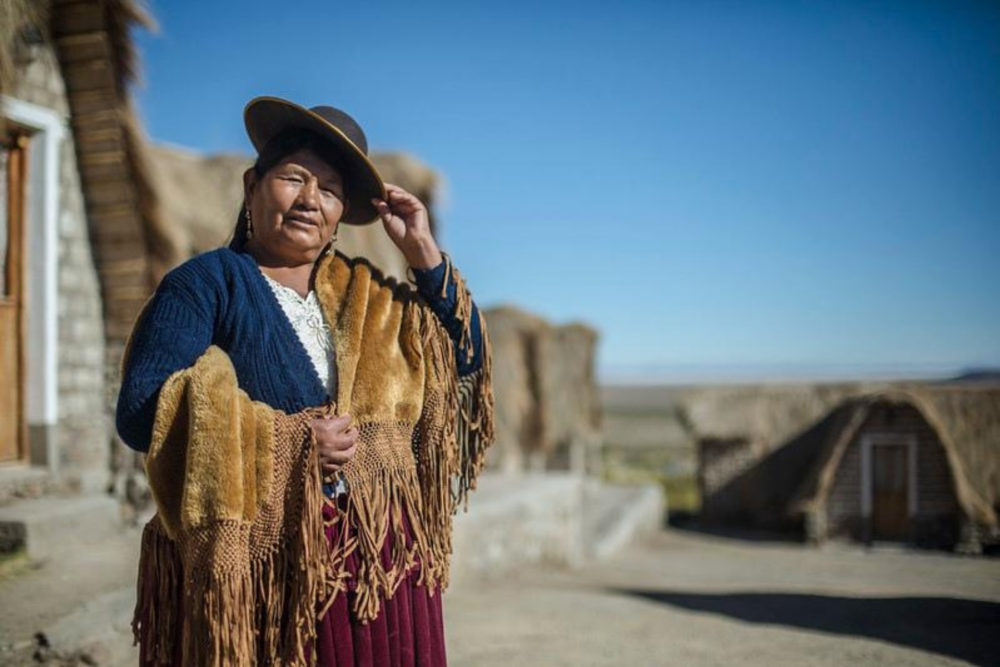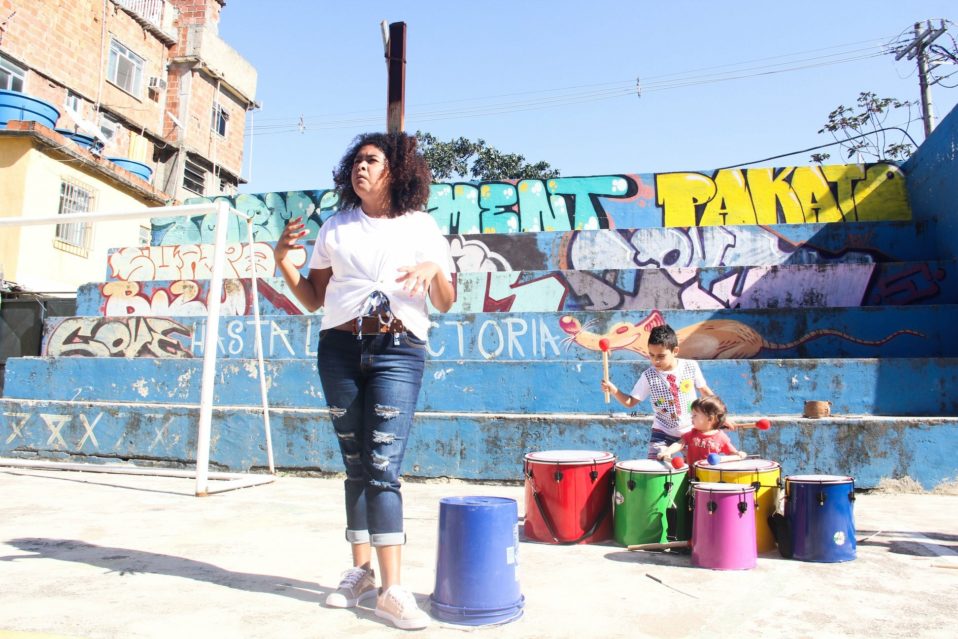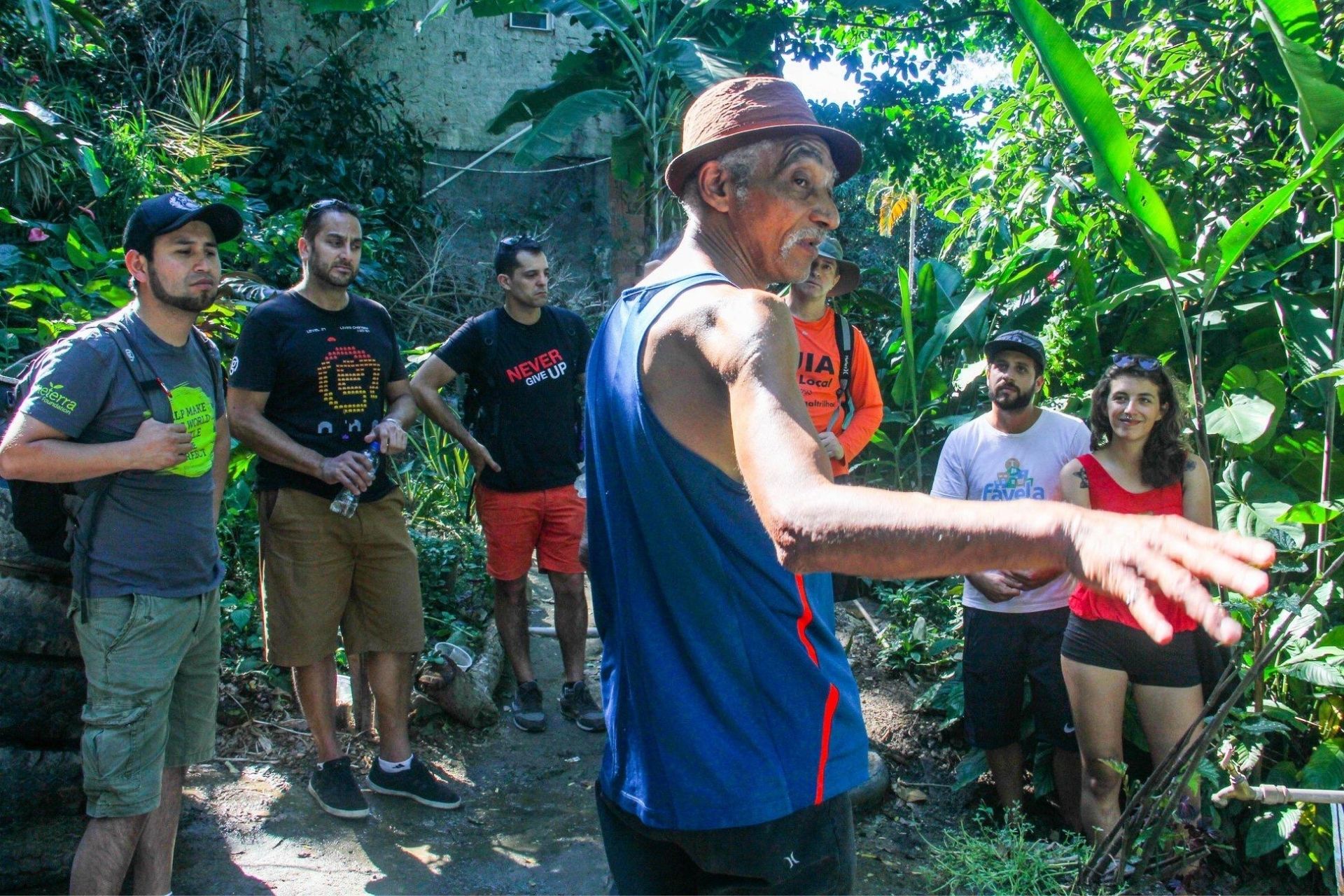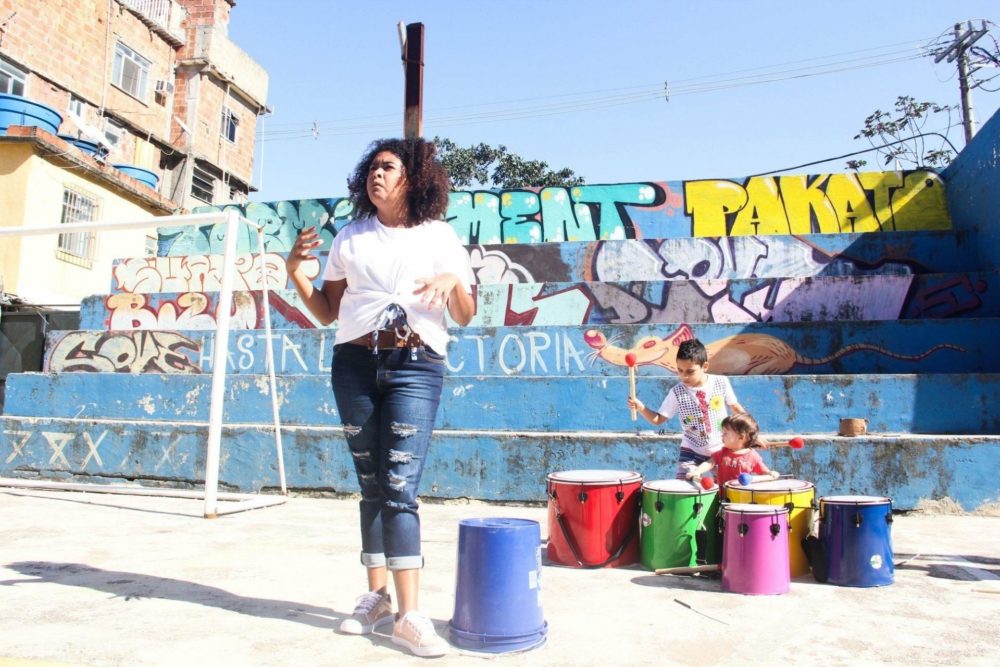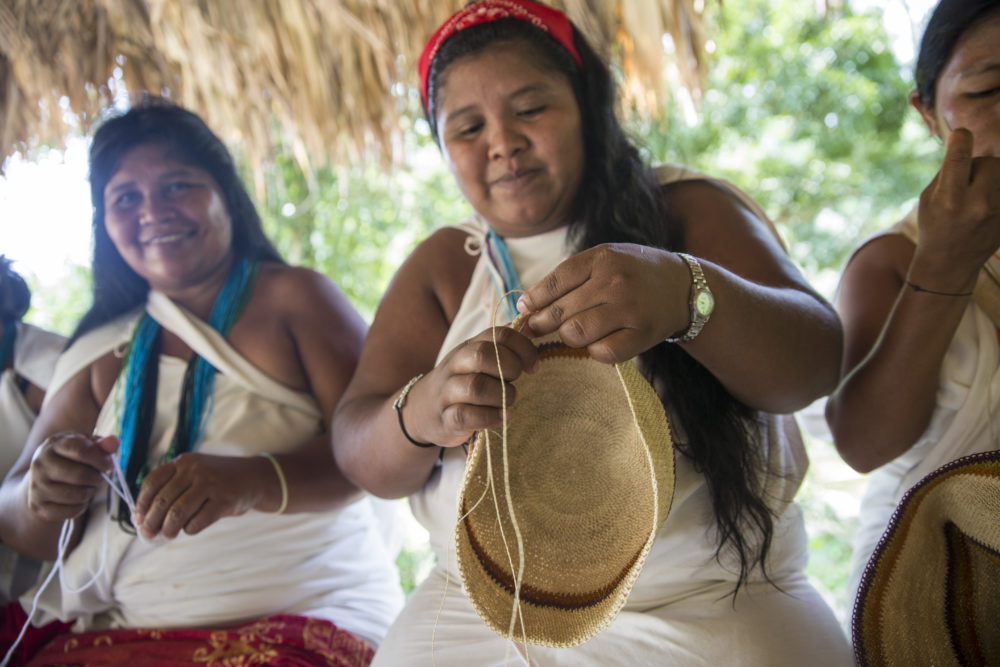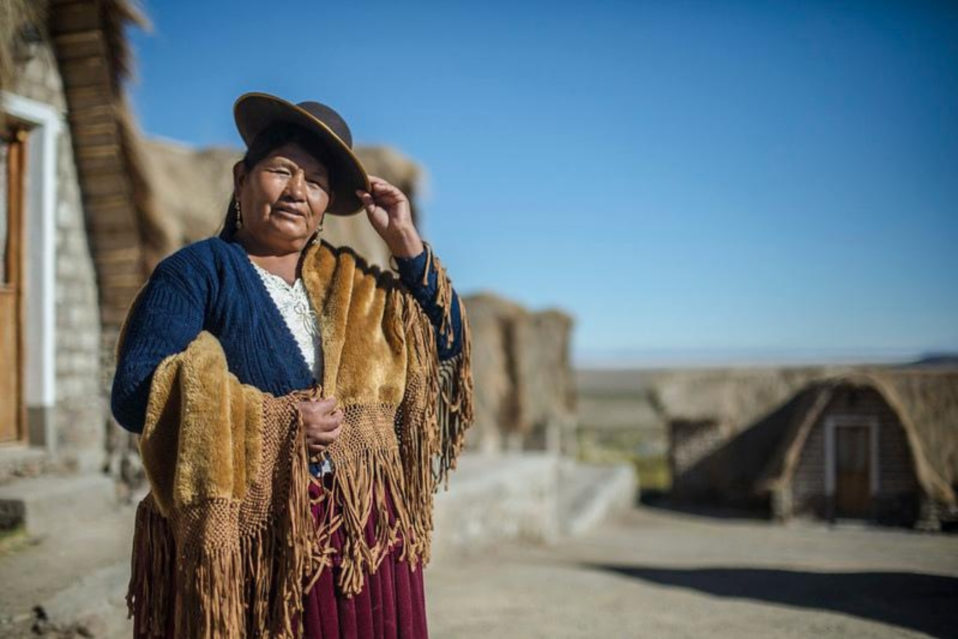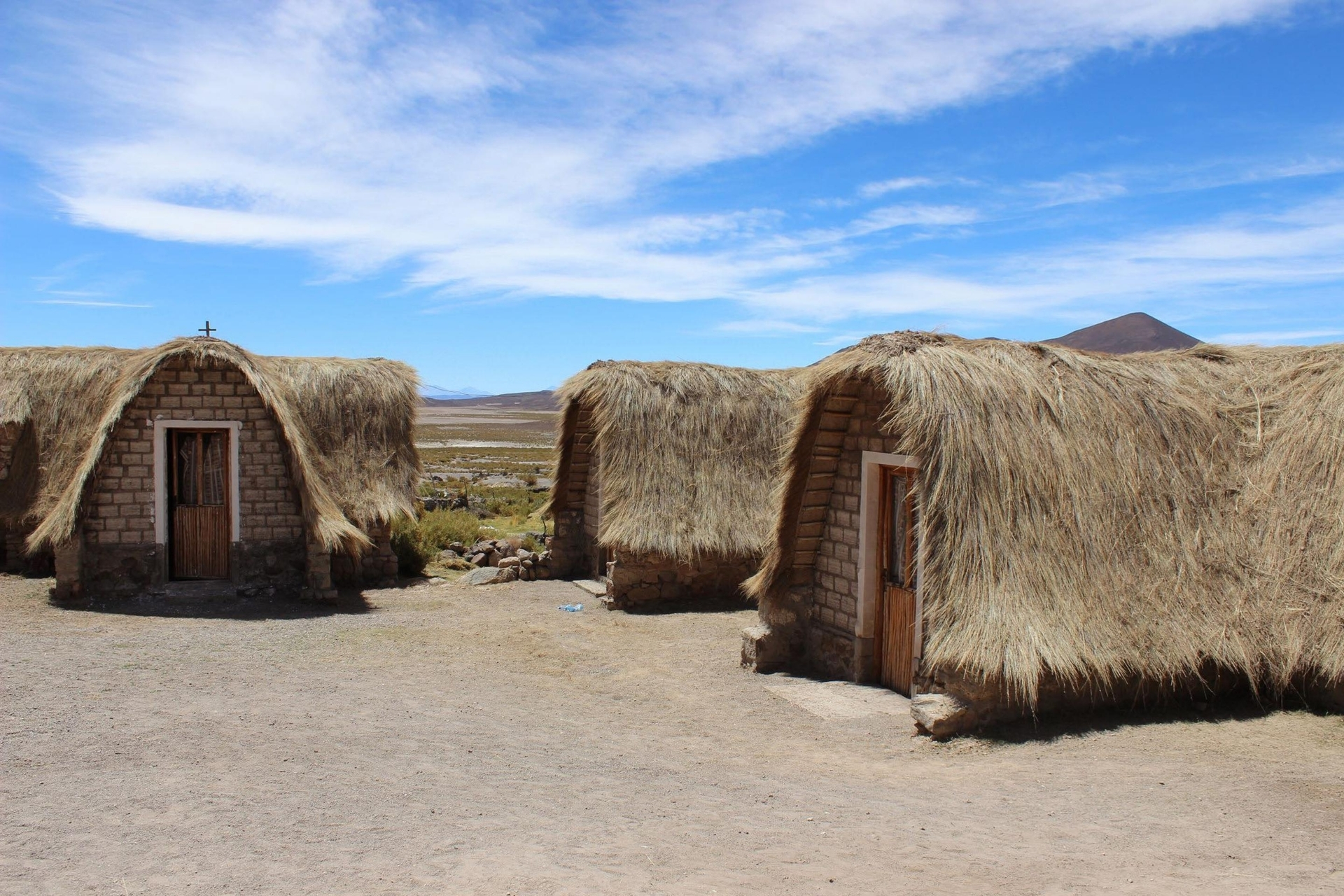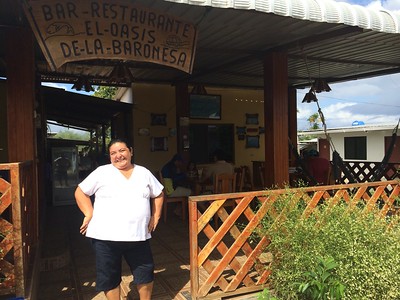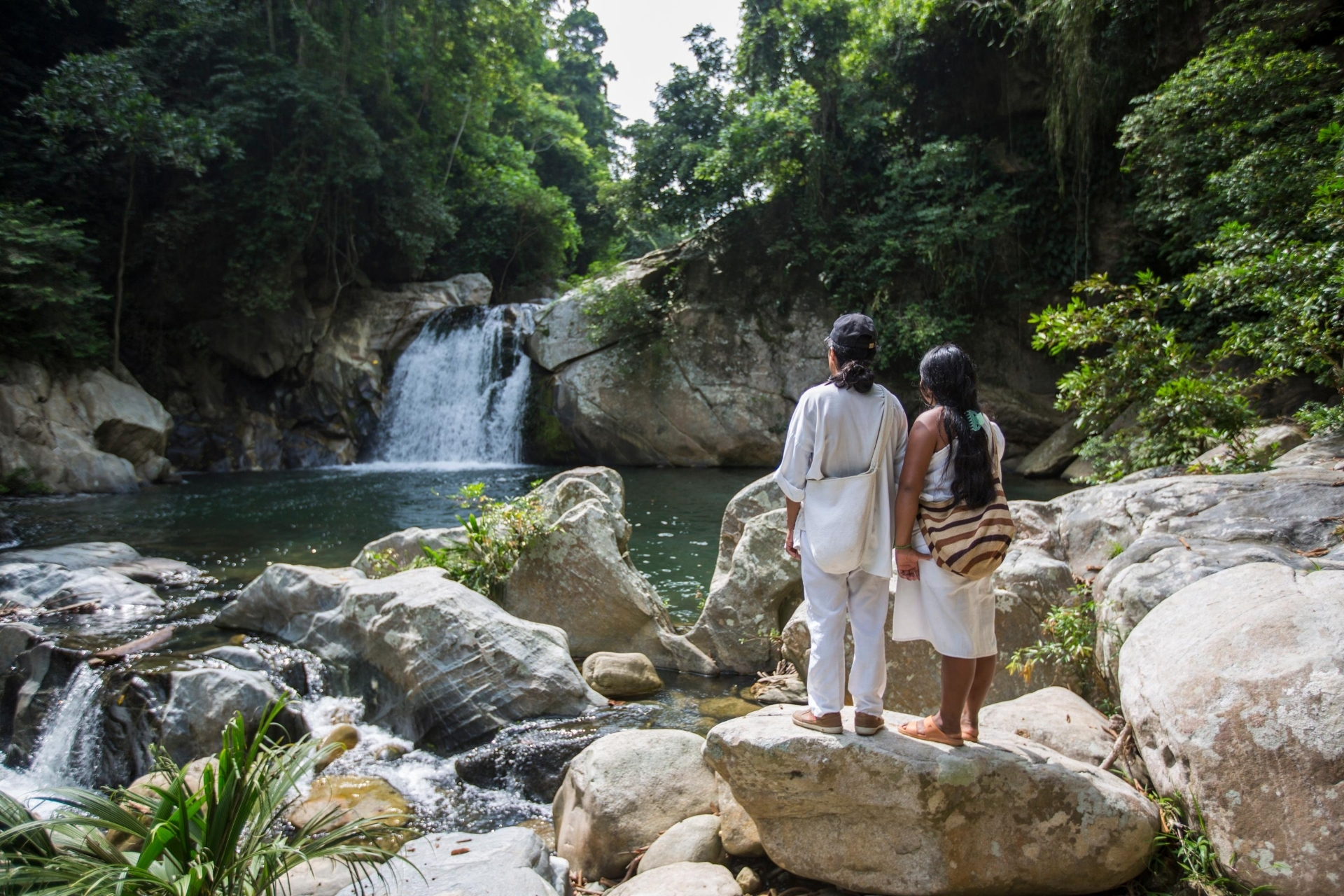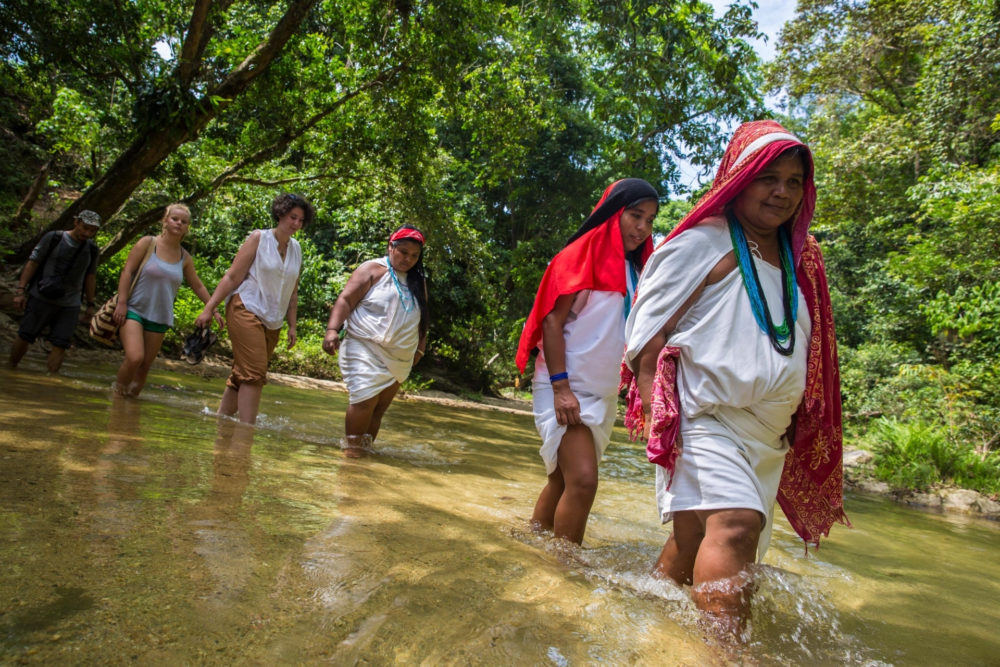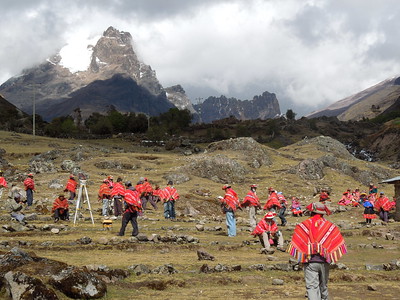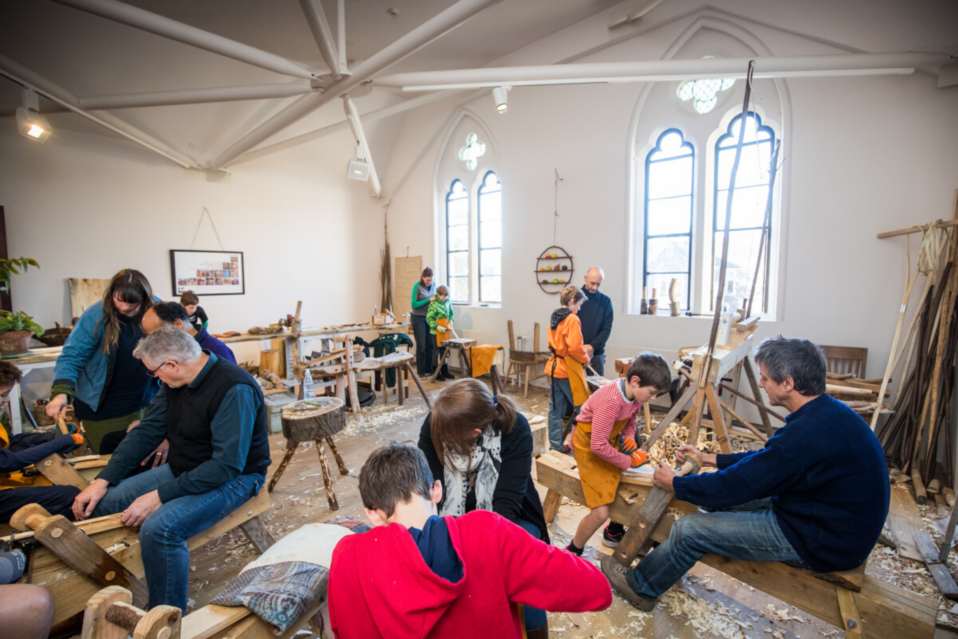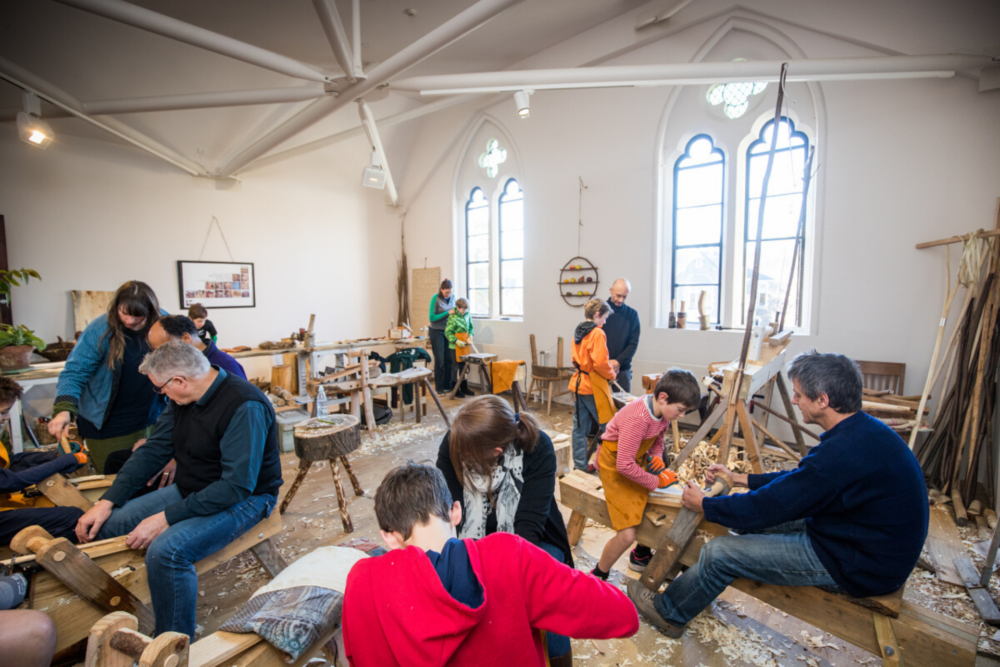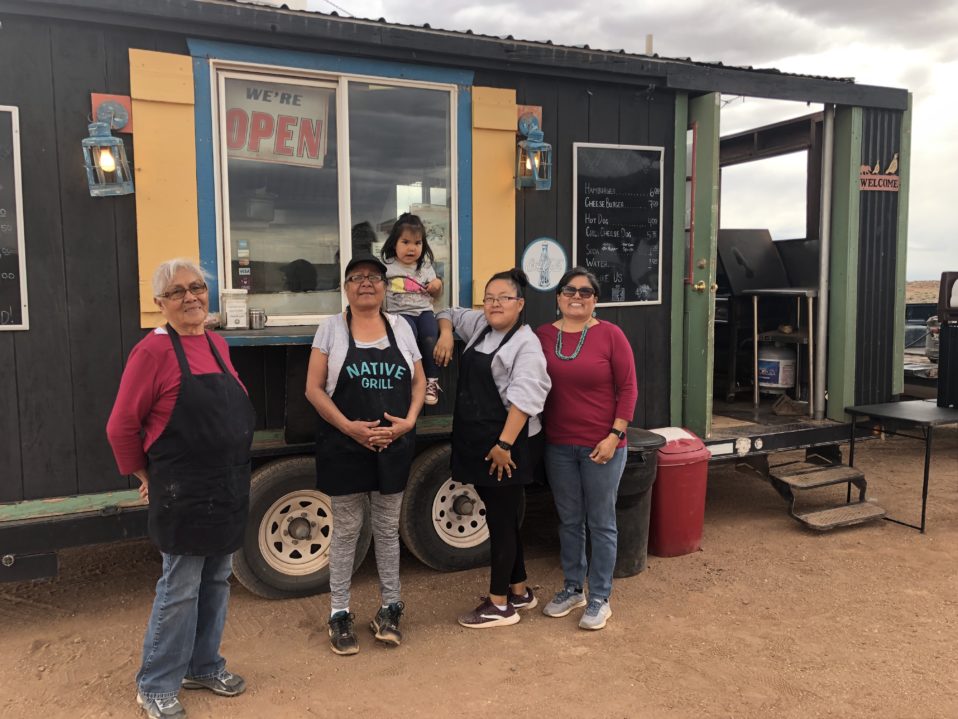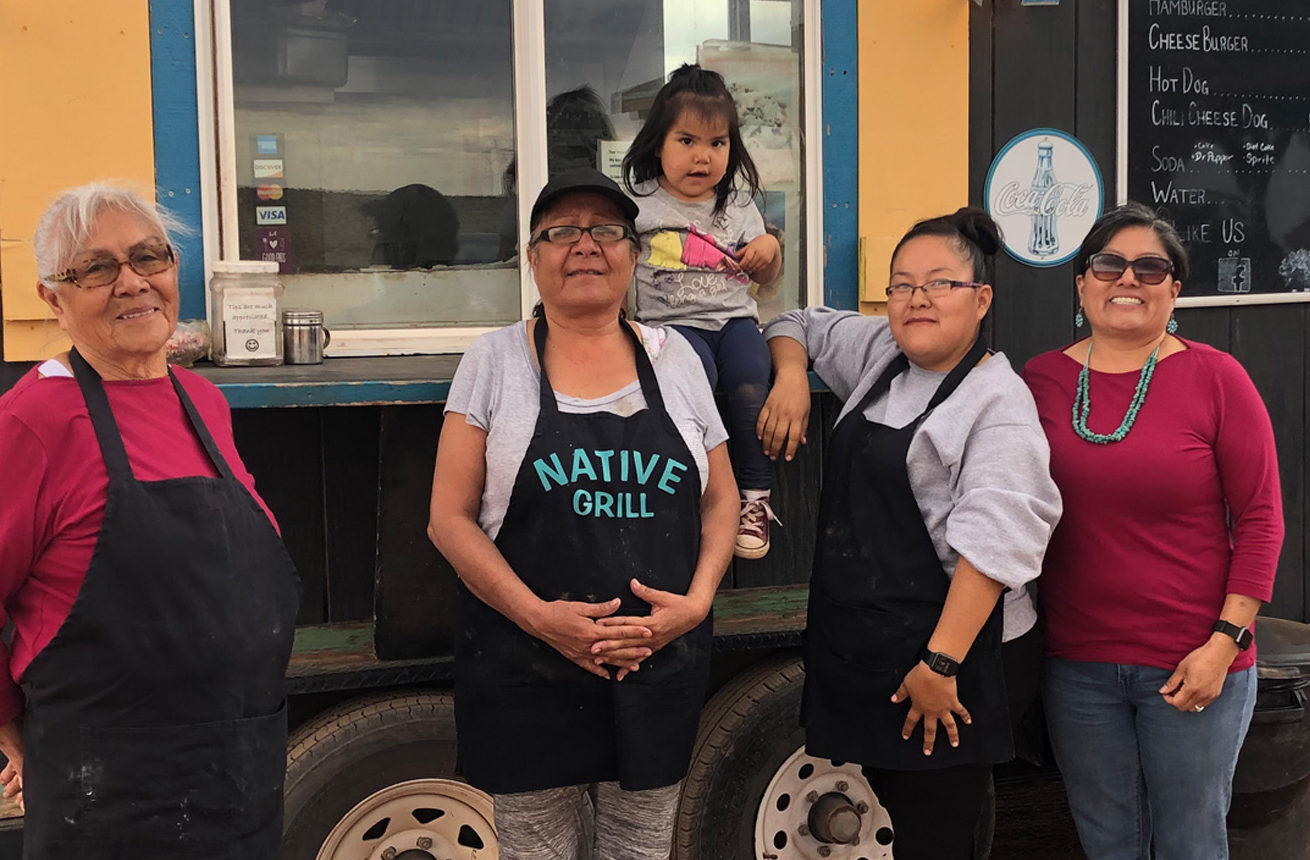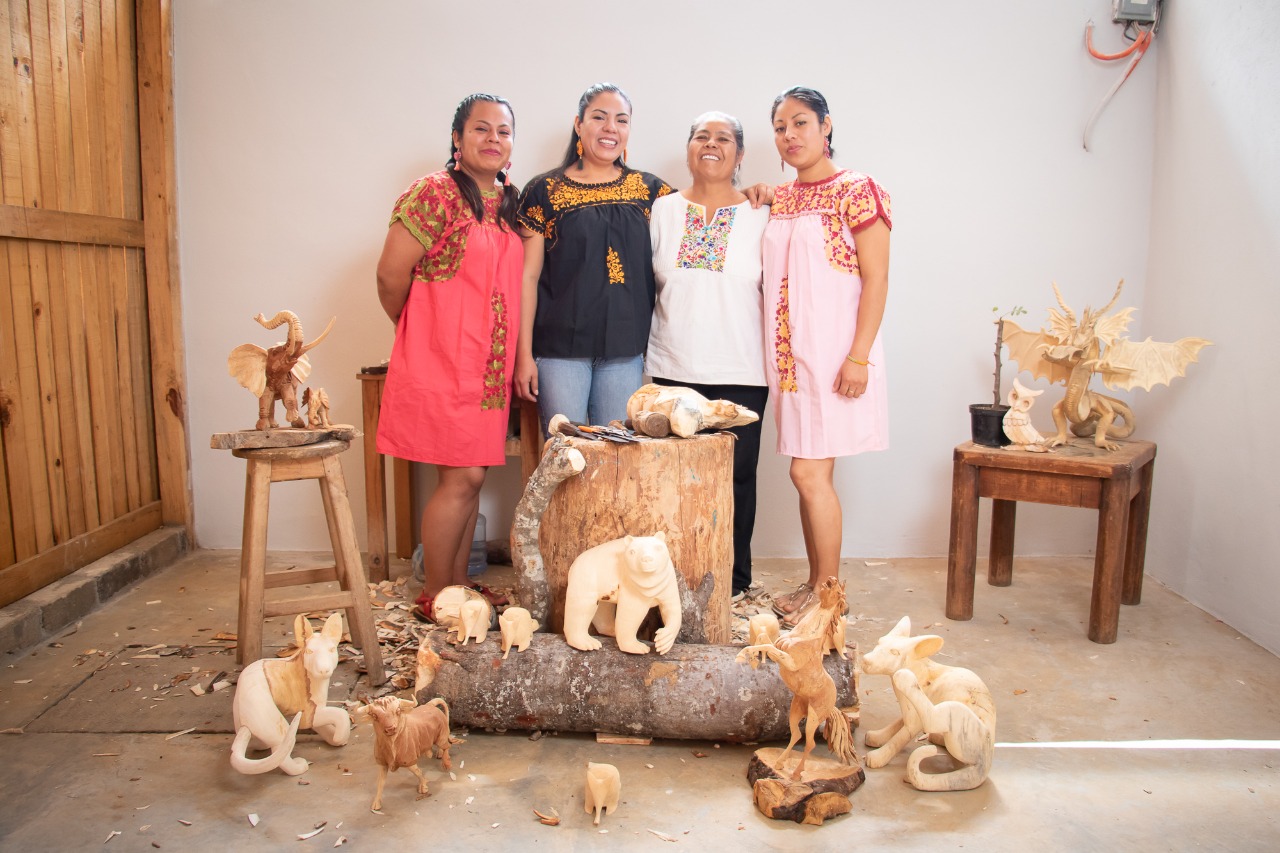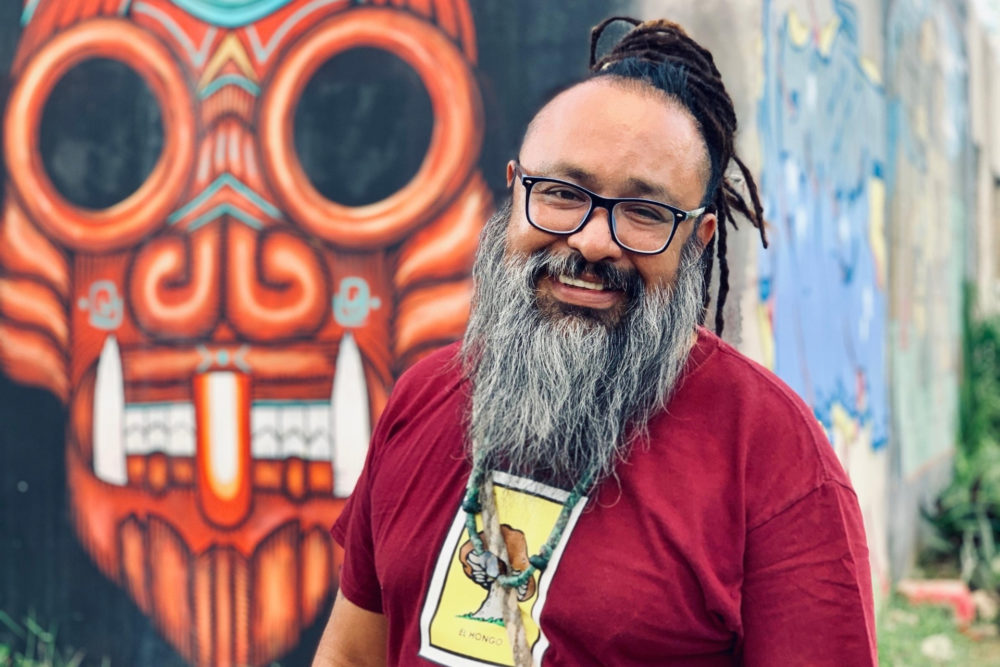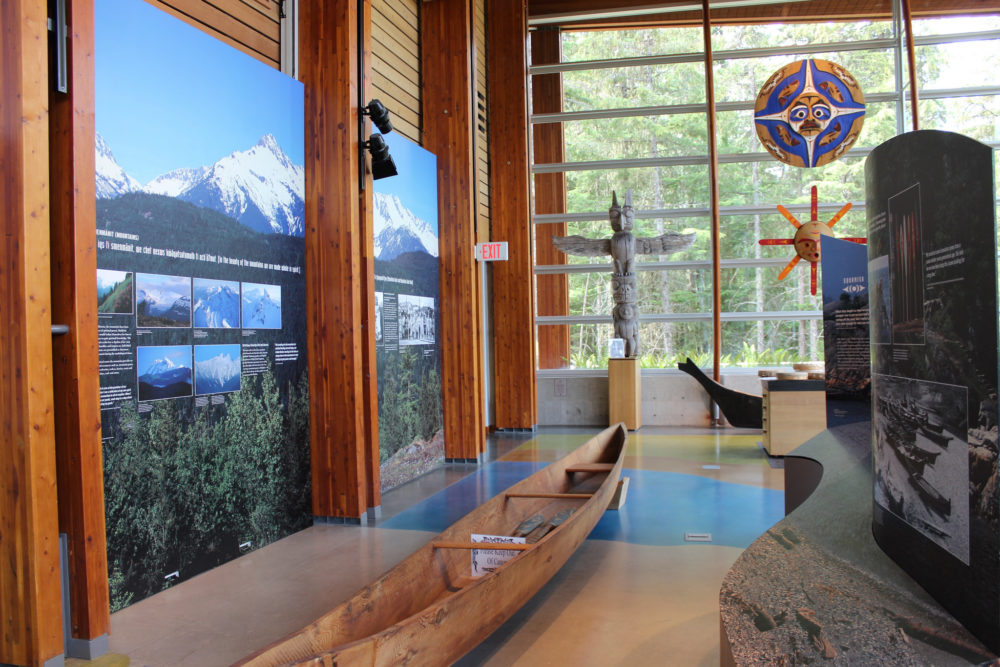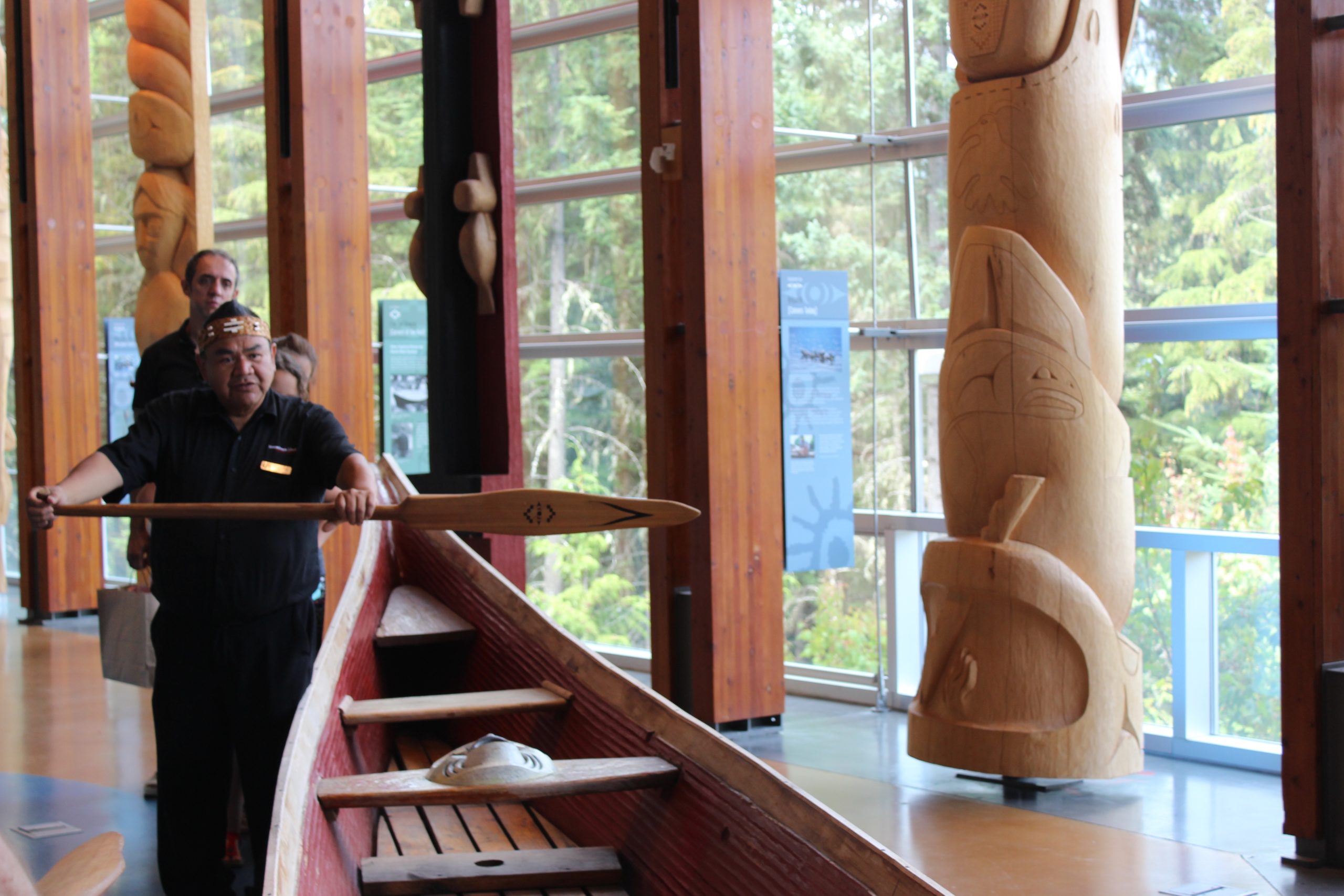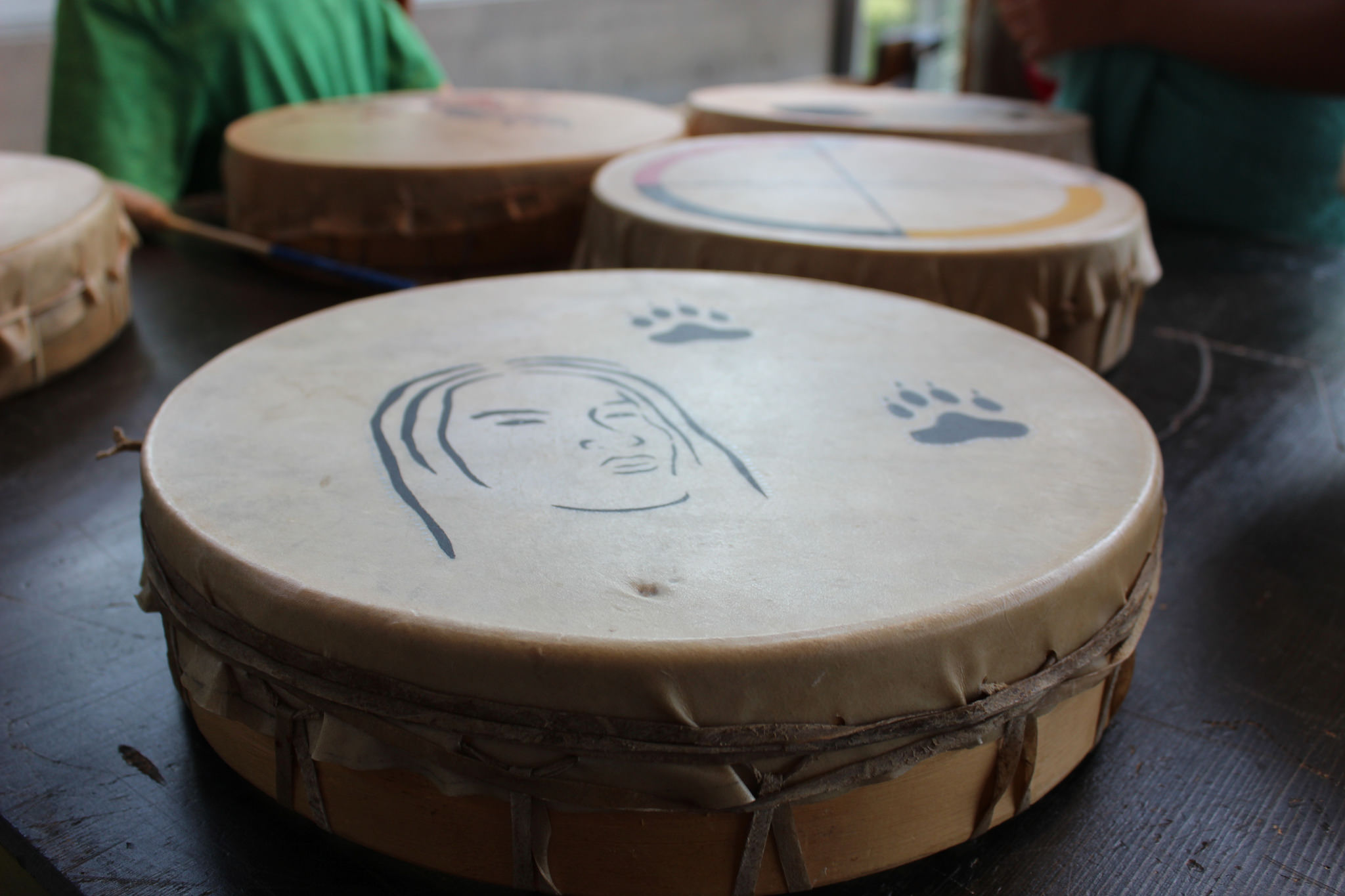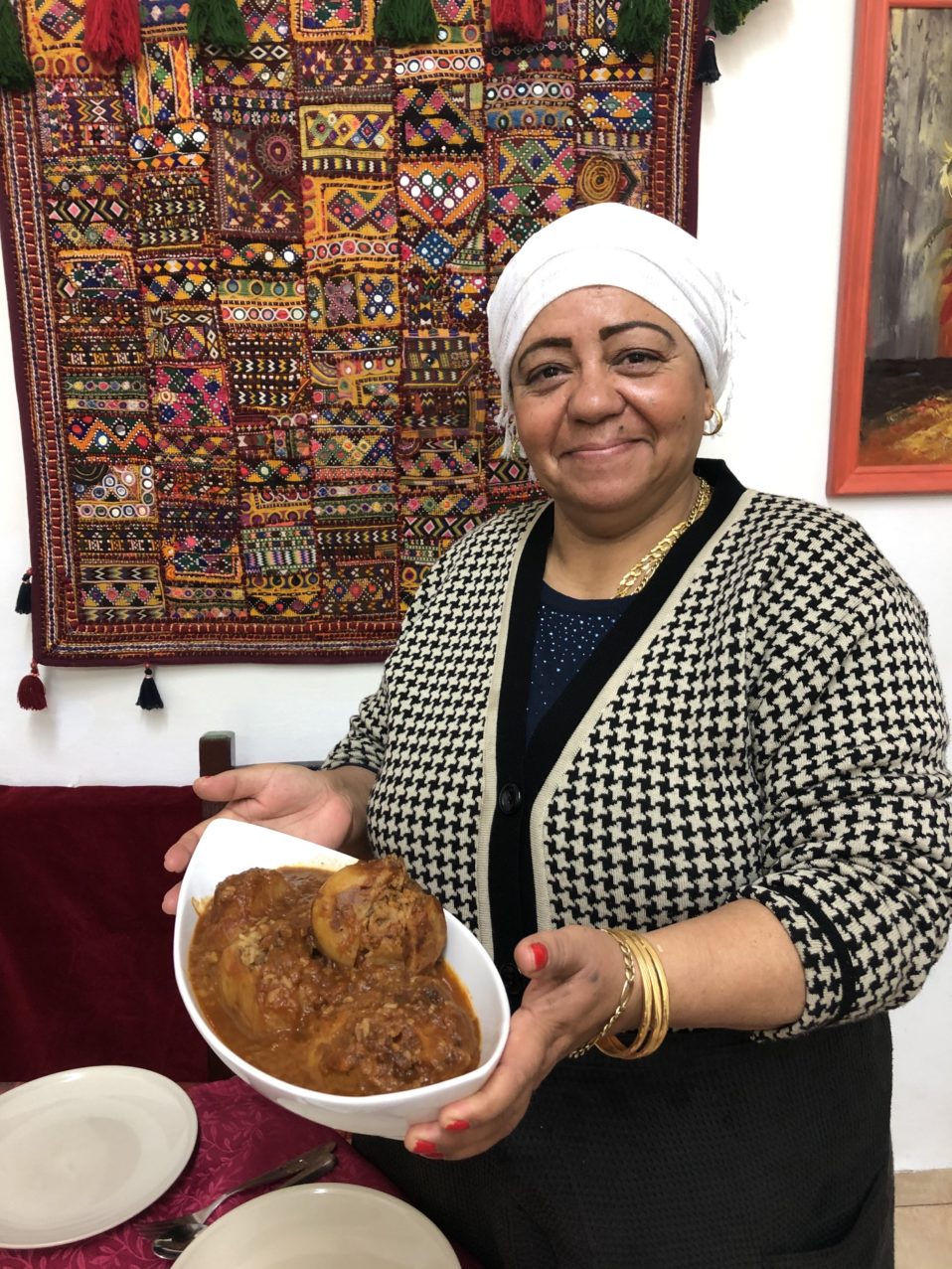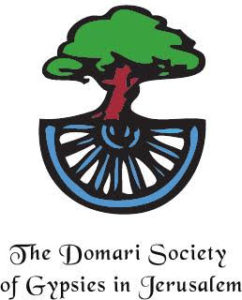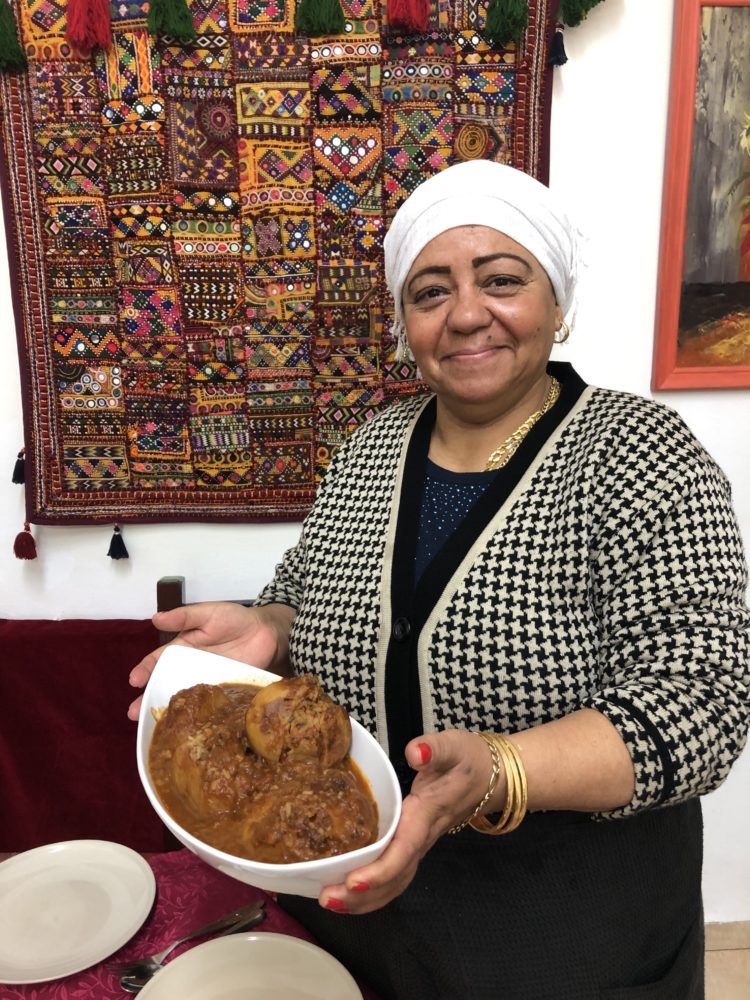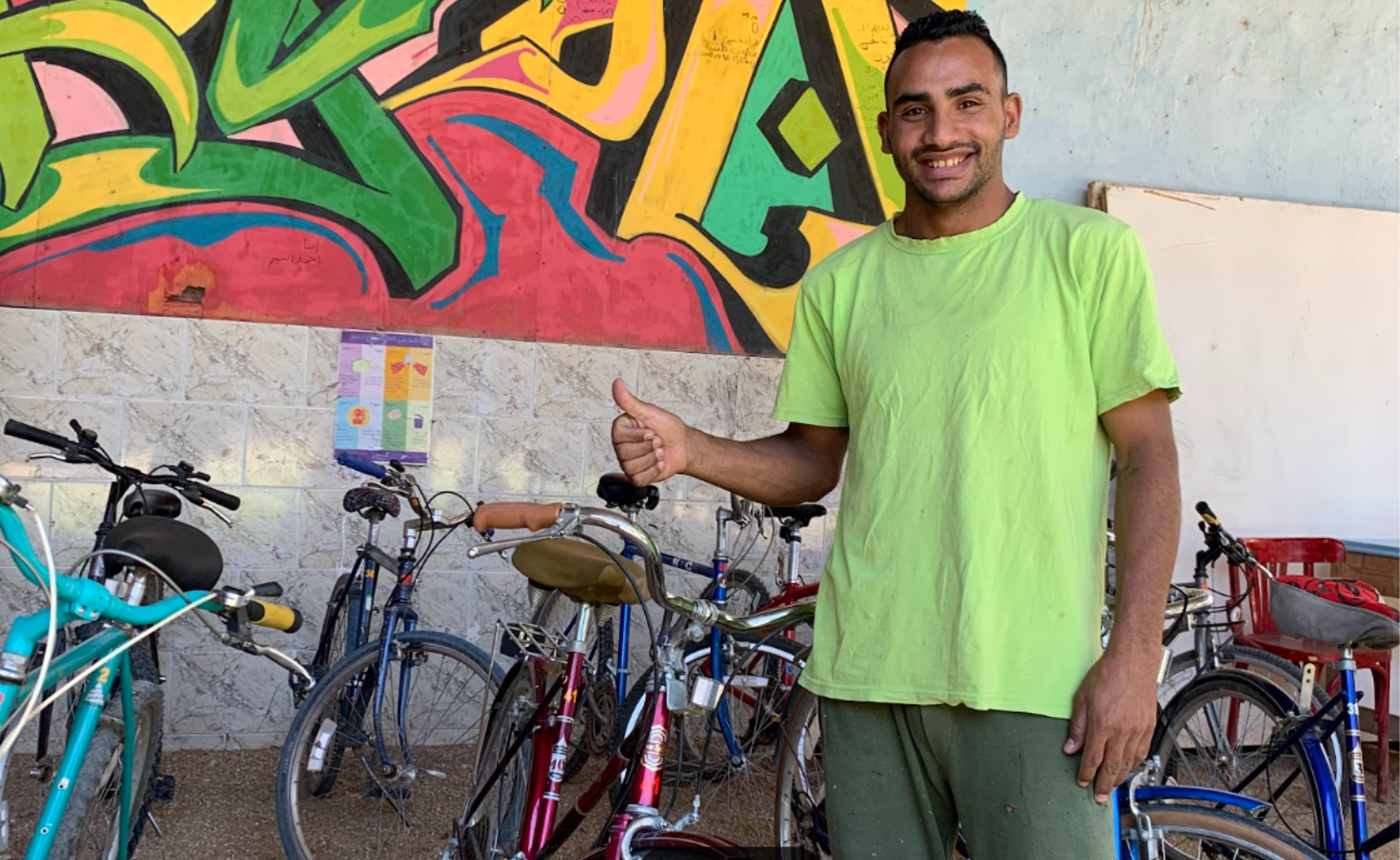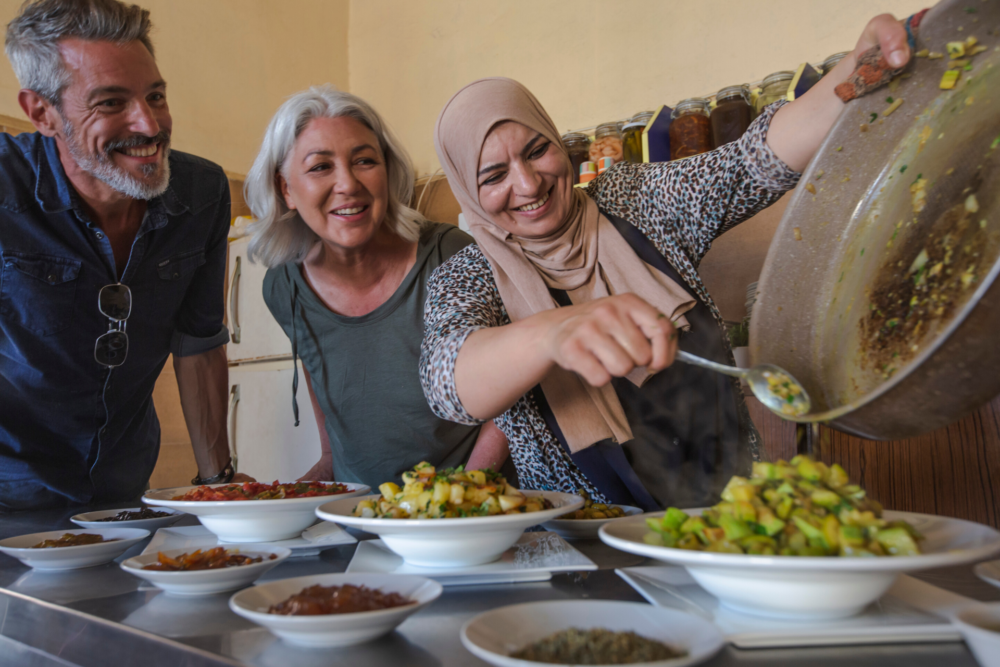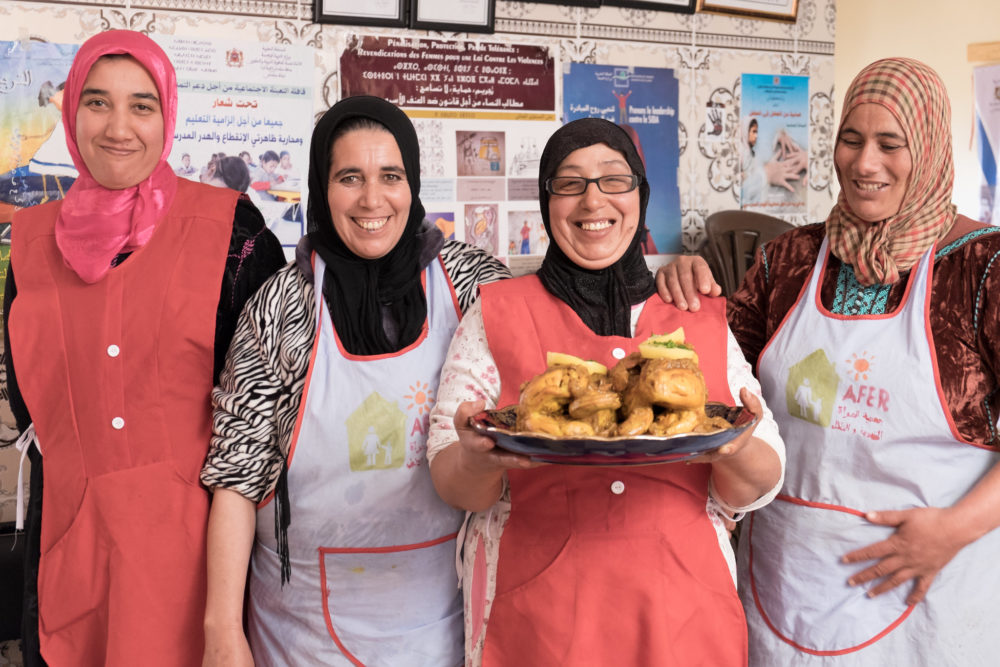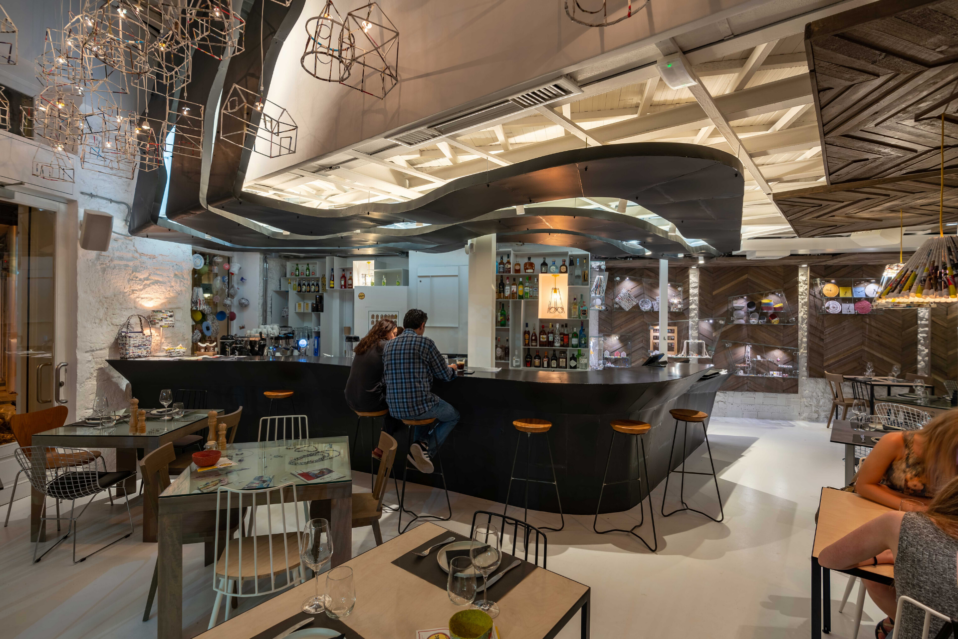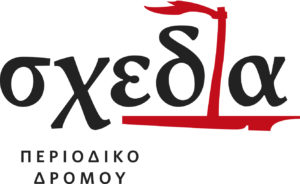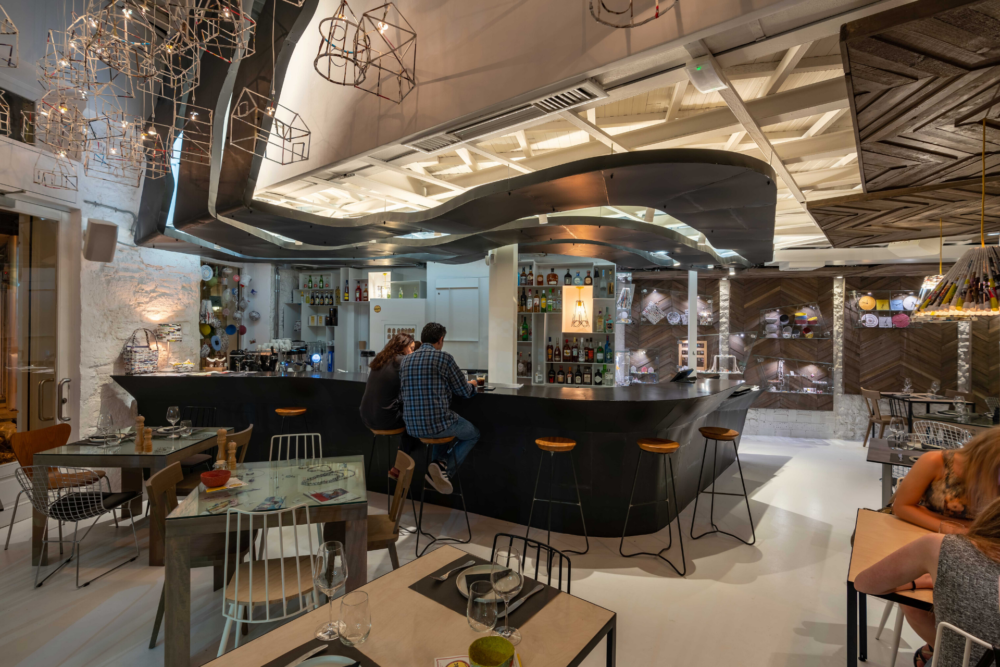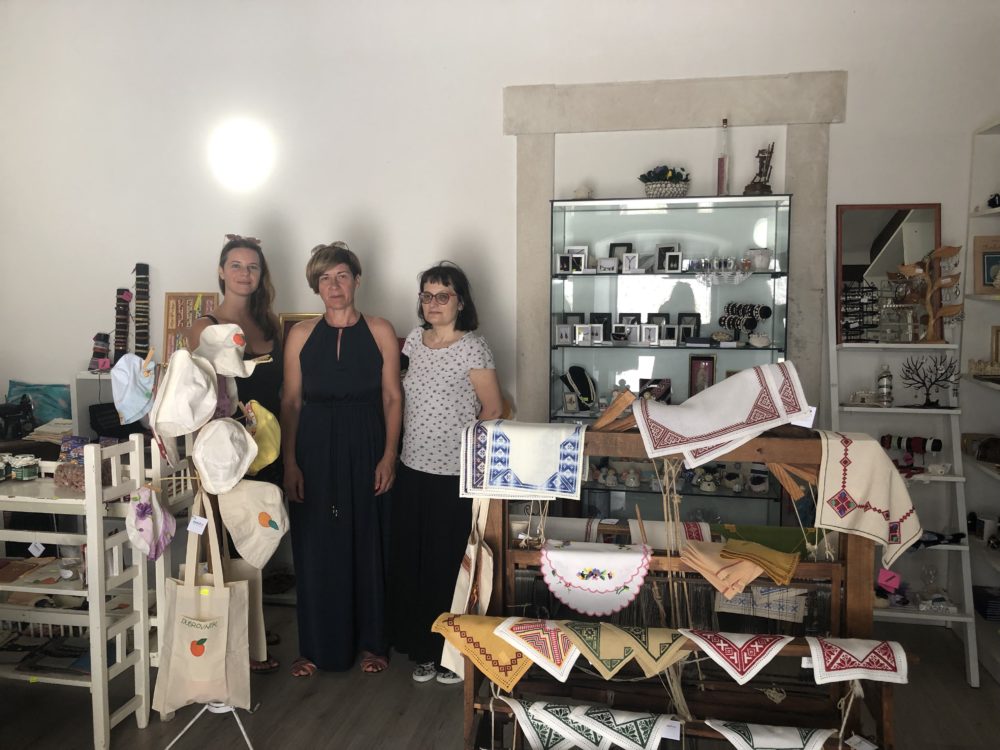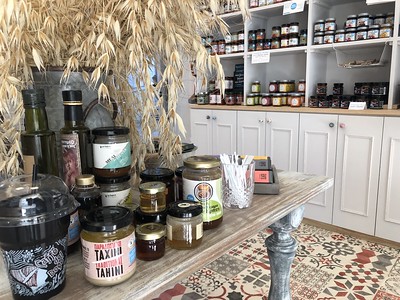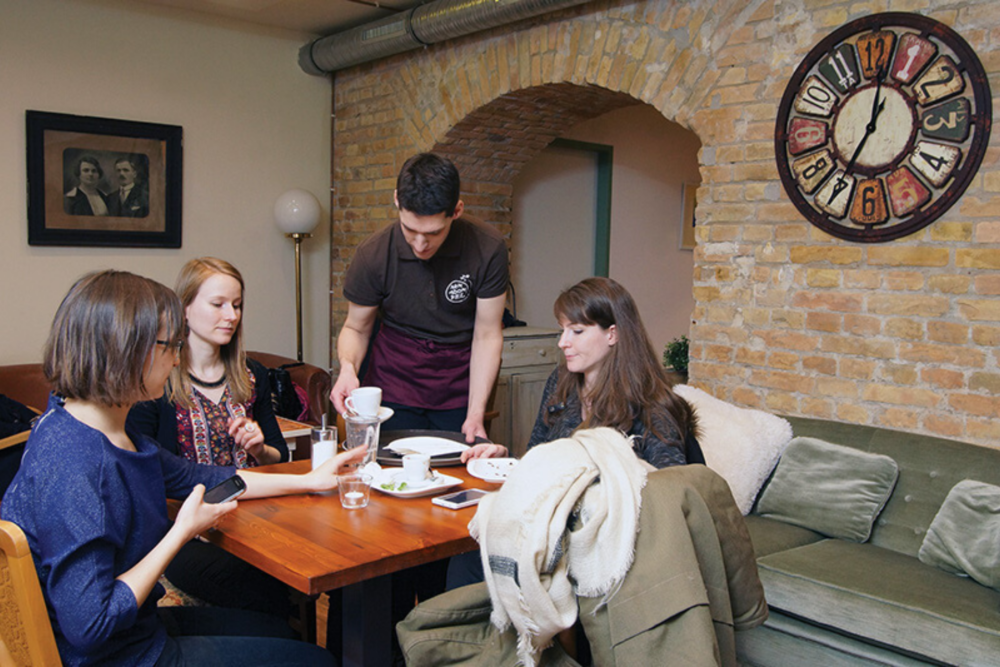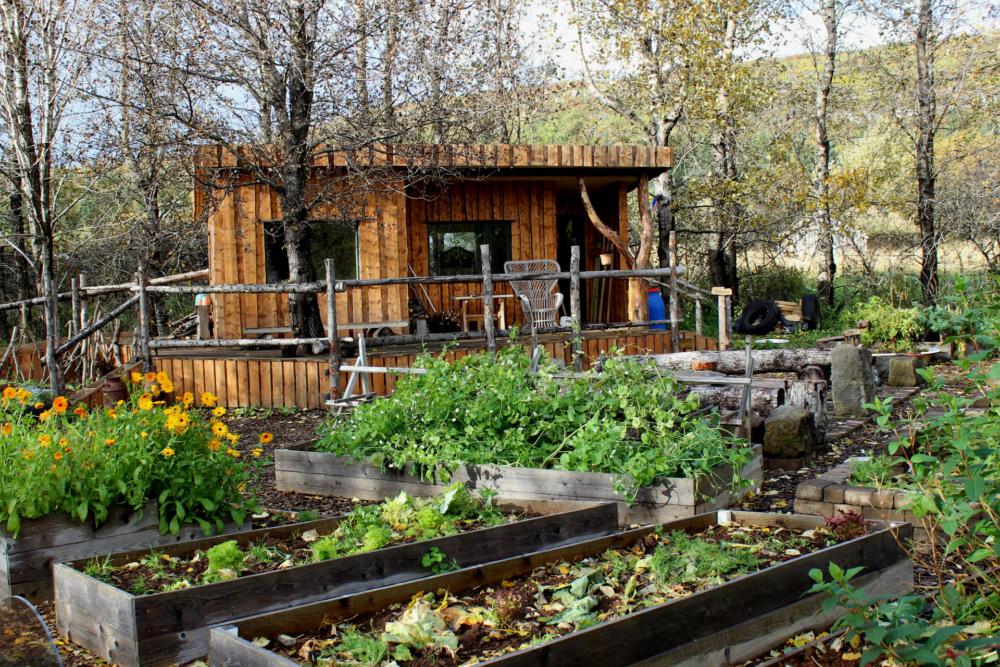Hagi Elder Homestay
![]() Hagi City, Yamaguchi Prefecture, Japan
Hagi City, Yamaguchi Prefecture, Japan
Impact
The primary positive social impact of this collaboration is the increase in happiness and sense of purpose for Hagi’s ageing residents. Secondly, these tourism activities create income for the Hagi Ageing Homestay Association, as well as the promotion of local businesses and projects in Hagi City. The goal of the Association is to generate new economic opportunities within their hometown which are attractive to the next generation, leading to a decrease in rural population decline.

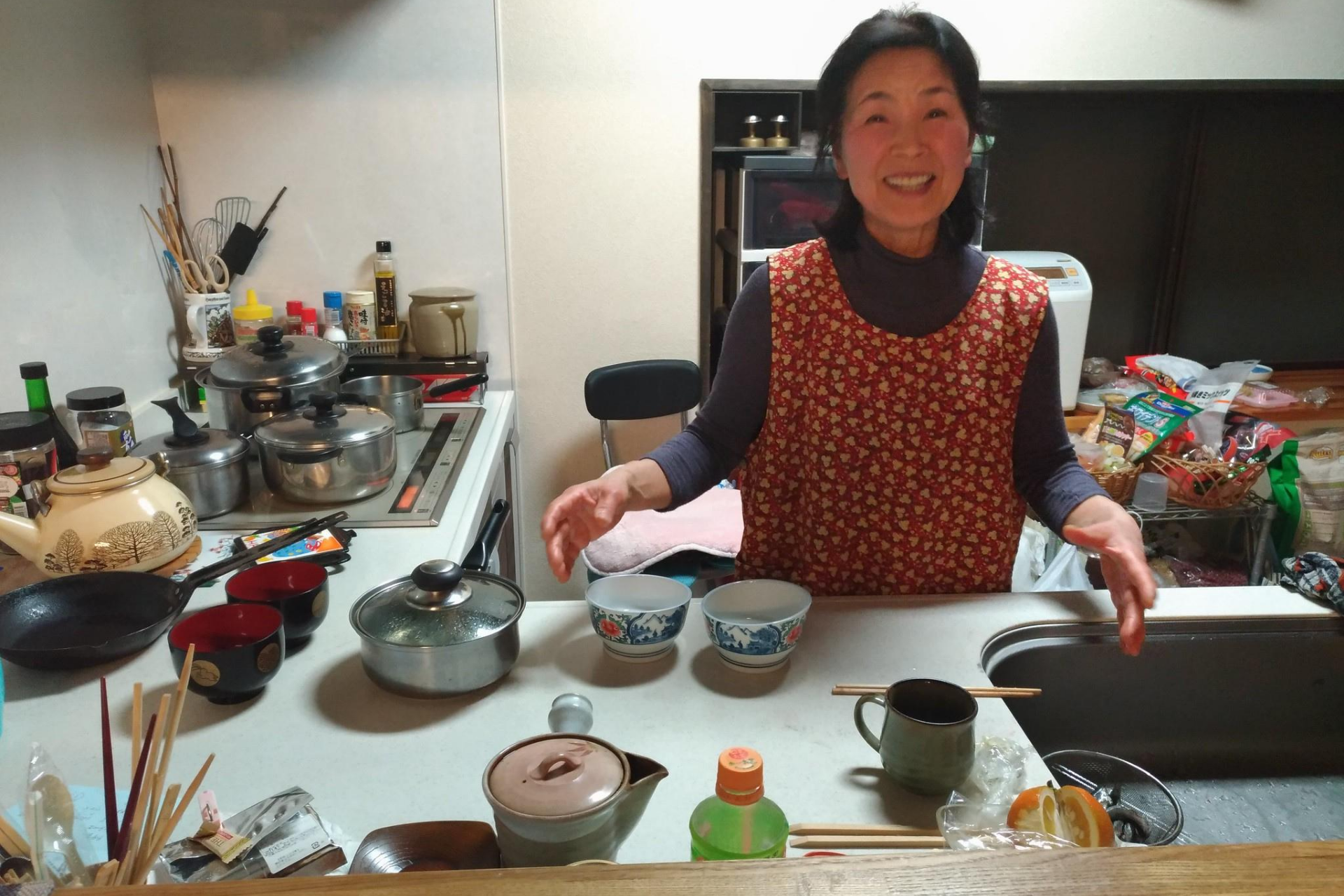
Critical Need
Japan is experiencing a changing demographic landscape, with birth rates decreasing and a growing ageing population. This creates socio-economic as well as social issues within the country – and especially in rural areas. Most young people and the new generation are moving away from rural areas to the city for work, not seeing any career opportunities in farming communities. Unfortunately, this means that most of the ageing society is left alone in their hometown. Not only does this have a negative effect on the morale of the elderly in Japan, it has also created concern about future growth for the country’s economy. The Hagi Homestay, where travellers stay with local farmers and elderly hosts, seeks to create purpose and an income for the ageing population of Hagi City.
Our Involvement
Planeterra worked closely with Higashi Furusato Tourism Suishin Kyogikaithe (Hagi Green Hometown Tourism Association) to provide training to the homestay hosts to better work with English speaking travellers. Training focused on improving the ability of the hosts to interact meaningfully with guests, despite the language barrier, so that hosts can get more out of the experience socially.
One of Planeterra’s corporate partners, group travel company G Adventures, began bringing travellers to the Hagi Homestay in 2019, where they get a glimpse into everyday life for Japanese farmers, and experience their rich culture.
